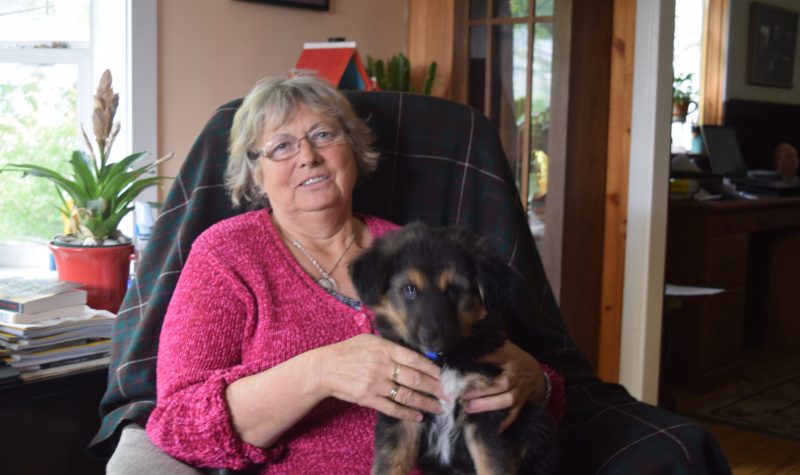Harmony House admitted their 100th resident last week amidst plans to expand their capacity to support pregnant women and new mothers experiencing mental health and addiction issues.
The residential program has been operating since 2017 and with only five bedrooms in their current space, maintains a lengthy waitlist for access. Maria Brouwer, program coordinator for Harmony House, says that the biggest source of referrals is from the Ministry of Children and Family Development (MCFD), which has come under repeated scrutiny for racist practices and violating the confidentiality of Indigenous parents. Brouwer says that referring women to Harmony House is an attempt by the MCFD to keep parents and children together.
Residents of Harmony House are over 90 per cent Indigenous, a number that reflects the vulnerability of Indigenous children to apprehension by the MCFD. As reported by the Tyee, 52 per cent of children under 15 in foster care in Canada are Indigenous despite making up less than 8 per cent of the youth population.
Harmony House will be expanding in 2022 to accommodate additional residents, as well as add second stage housing aimed at providing a smoother transition between the intensive support of the program and independent living. Brouwer says that the program currently has a 90 per cent success rate and that she expects that to go up with the added support of second stage housing. Success under the Harmony House model means complete abstinence from substances, among other factors. The outreach component of the program, that allows for ongoing communication with former residents, is funded by the BC Women’s Hospital based in Vancouver. Brouwer says that the Harmony House model is having an impact provincially.
“We actually have the model that [the] Women’s Hospital and doctors and nurses that can influence policy want to see," she said.
There are risks associated with advancing a zero tolerance approach to substance use, as it can contribute to people using substances alone, which increases vulnerability to overdose death, and being reluctant to seek out supports so as to avoid additional stigma and risk having their children removed.
Harmony House accepts donations of money and goods. More information can be found at https://harmonyhousebc.com/.
Listen to the interview on CFUR-FM:


